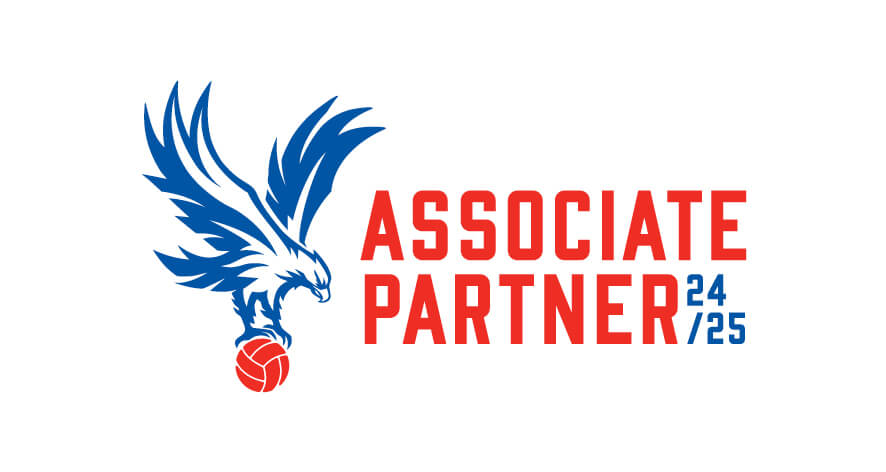Make Gas Isolation Valves Accessible
Test
Gas isolation valves are provided, clearly identified, and easily accessible.
Possible Answers
Red: Gas isolation valves not provided or not easily accessible
Amber: Gas isolation valves provided but not easily accessible
Green: Gas isolation valves provided and accessible
Common Issues
- Gas isolation valves obstructed
- Gas isolation valves not protected and could be damaged
Fail Rate
18% of businesses failed this question based on our sample data.
Information
It should be company policy that all gas appliances are maintained and serviced by a competent Gas Safe registered contractor. Gas appliances should be inspected on an annual basis and records are held. A separate maintenance folder can be used if preferred.
The gas appliances as best practice should be interlinked with the fire alarm and in the event of the alarm being activated the gas supply is shut off. Relevant team members should be trained and shown how to reset the gas supply in the event of a shutdown.
Gas can present significant hazards:
- Gas supply and gas equipment, such as the boiler/cooker range present a major fire hazard.
- If there is not enough fresh air the gas will not burn fully and will generate a harmful by-product (carbon monoxide).
- Carbon monoxide can cause suffocation as it prevents the body from absorbing oxygen.
Safety rules if a gas leak is suspected
If you smell gas or think there might be a gas leak:
- Do not use any naked flames. Try to turn off any gas flames and put out cigarettes.
- Do not turn electric switches on or off (as this can create sparks which could ignite any gas).
- Check for any gas appliances being turned on without being lit.
- If you cannot identify any source of a suspect leak turn off the gas at a control valve.
- Try to ventilate the area by opening doors and windows.
- Inform the Duty Manager immediately.
- The Duty Manager should consider the need to evacuate the building until the source of the gas leak has been identified and repaired.
- The Duty Manager will immediately contact the gas company emergency line for advice.
Smell Gas? – Emergency Gas Number 0800 111 999
Warning signs of inadequate ventilation
For gas equipment to work safely there needs to be a free flow of air to the equipment. This might be through a flue pipe to a gas boiler or from general ventilation through wall and window vents.
If there is not enough fresh air the gas will not burn fully and will generate a harmful by-product (carbon monoxide). Carbon monoxide can cause suffocation as it prevents the body from absorbing oxygen.
Any of the signs of inadequate ventilation listed below should be reported to the management:
- Blocked ventilation grills in areas where there is gas equipment.
- Gas burning with a yellow or orange flame instead of blue.
- Team members in the work area complaining of headaches, chest pain, feeling weak, dizzy or sleepy, or feeling sick.
- Unusual smells when the equipment is on.
Anyone appearing to suffer from the effects of breathing carbon monoxide should be taken outside. If symptoms do not quickly pass on being in fresh air the person should be taken for medical treatment.
Carbon Monoxide (CO) Detectors
Battery or hard wired CO detectors should be fitted in each area where required. Batteries will be changed regularly by the duty manager.
Gas Shut-Off
In an emergency, you must know where the main gas cut-off switch/valve is within your workplace/area and who your supplier is. These locations must be kept clear of all items at all times. These details should be recorded.
Dependant on your industry, gas appliances/supplies can be linked with the fire alarm and will be cut off automatically.
In kitchen areas, there may be gas shut-off switches around the kitchen, if you are responsible for this area/work within this area, you must make sure you know how this operates.
This post is part of the “Focus on Health and Safety Audit Questions” series. A series which focuses on questions asked by our health and safety consultants when conducting a health and safety audit.











Comments are closed.